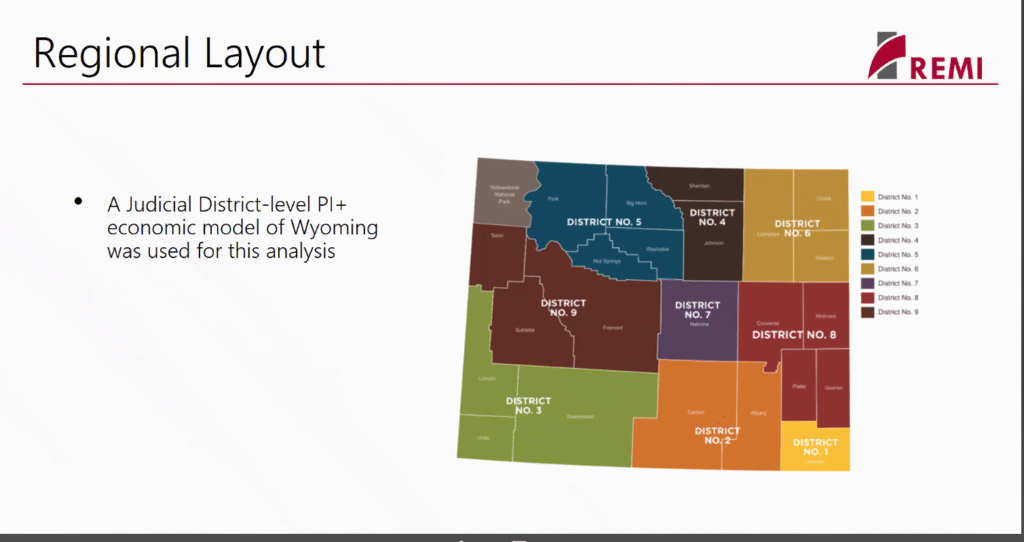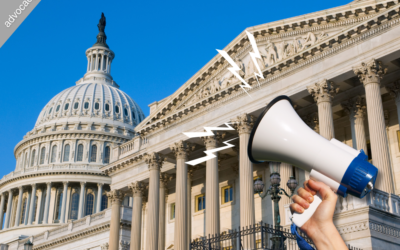
A new nonpartisan economic analysis estimates that recent federal Medicaid cuts could cost Wyoming nearly 192 jobs per year, and over the next five years, reduce household income by more than $70 million and shrink the state’s economy by $130 million.
Commissioned by the Natrona Collective Health Trust and other partners, including the Wyoming Community Foundation, Wyoming Hospital Association, Banner Wyoming Medical Center, and American Cancer Society, this is the first study to evaluate the economic impacts of Medicaid policy in Wyoming. Regional Economic Models, Inc. (REMI) — a nationally respected firm trusted by Wyoming legislators and agencies — conducted the analysis. It compares the effects of the now-enacted federal cuts in the One Big Beautiful Bill Act with the potential economic gains Wyoming could see under Medicaid expansion.
“Our goal in commissioning this study was to ensure that the public and policymakers have access to trusted, nonpartisan information to make the most informed decisions possible,” said Beth Worthen, CEO of the Natrona Collective Health Trust. “This report confirms what many experts in health care and economic policy have long understood: Medicaid is not just a health program — it has a direct economic impact on Wyoming’s communities.” The One Big Beautiful Bill Act cut $1 trillion in federal Medicaid funding over 10 years by tightening eligibility, imposing work requirements, and limiting payments to providers and states.
In Wyoming, these cuts are projected to result in:
- 192 fewer jobs per year — just over half in health care, with the rest in construction, retail, and government.
- $27.8 million less in GDP annually.
- $14.6 million less in disposable personal income each year.
Over five years, this amounts to nearly:
- $139 million in lost economic output.
- $73 million in reduced income for Wyoming households.
By contrast, the study found that expanding Medicaid in Wyoming would yield favorable economic gains, including:
- 440 new jobs per year, across a mix of industries.
- $60.9 million increase in GDP annually.
- $41.5 million annual increase in disposable personal income.
Over five years, expansion would generate:
- 2,200 additional jobs.
- $304.5 million in GDP.
- $207.5 million in income.
The net five-year difference of Medicaid cuts and expansion is a loss of 3,160 jobs, $444 million in GDP, and $260.5 million in personal income.
Though Medicaid is often seen only as a means of accessing health coverage, the report proves it plays a much broader role in Wyoming’s economy. Medicaid brings in federal dollars that help fund jobs not just in health care, but in construction, food service, retail and beyond. It helps keep people healthy, working and spending — all of which strengthens communities.
“Medicaid policy is a kitchen-table issue,” Worthen added. “Even if you’re not enrolled in the program, it can affect your family finances, job opportunities, and local economy. In the face of rising costs and shrinking margins, these decisions matter more than ever.”
Representatives from the Trust and REMI hosted a webinar to discuss the findings. Slides from that session can be found here, and a full recording of the webinar is at this link.
Click here to review the full report.









